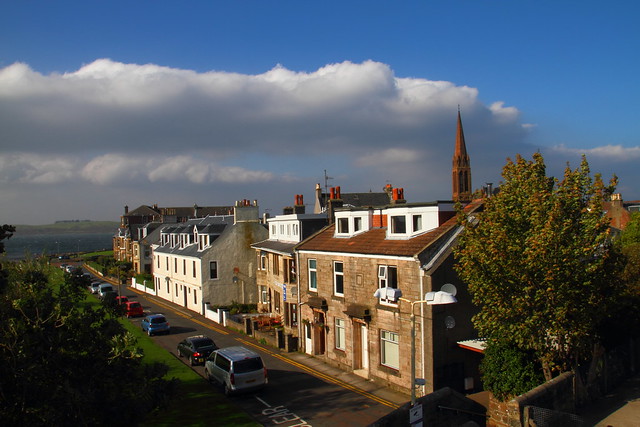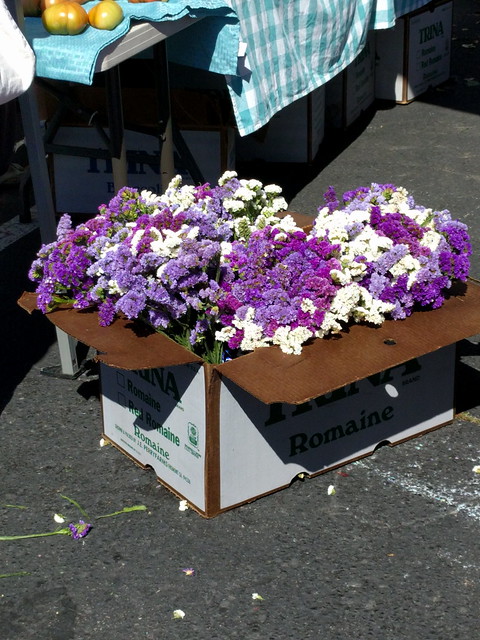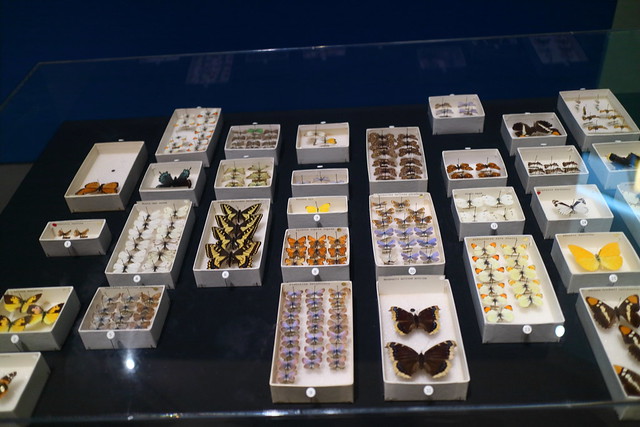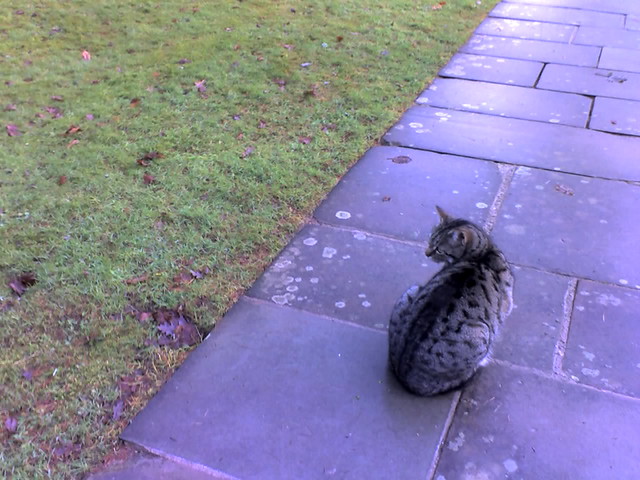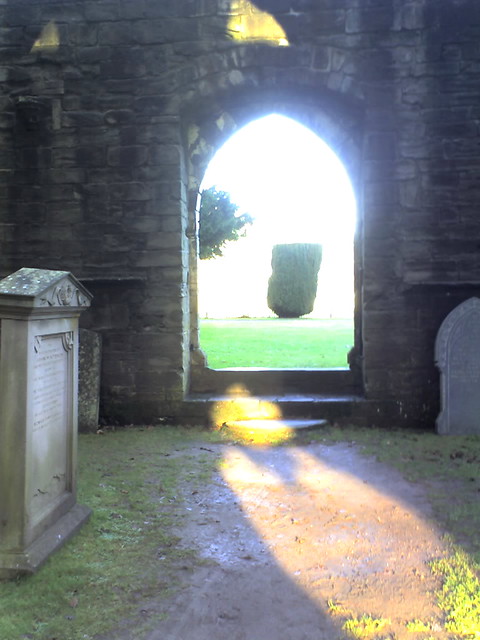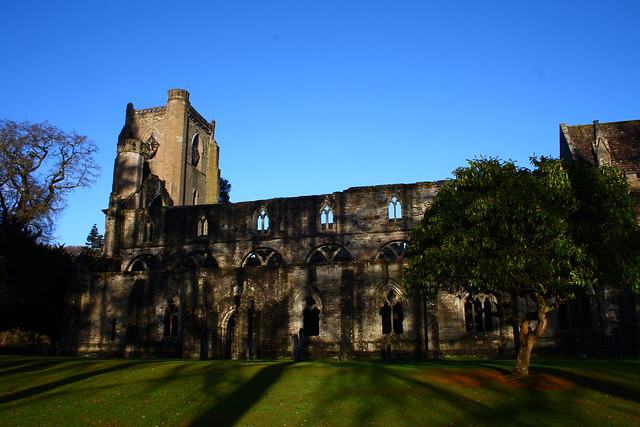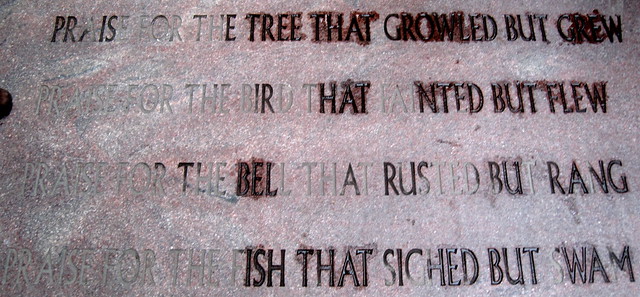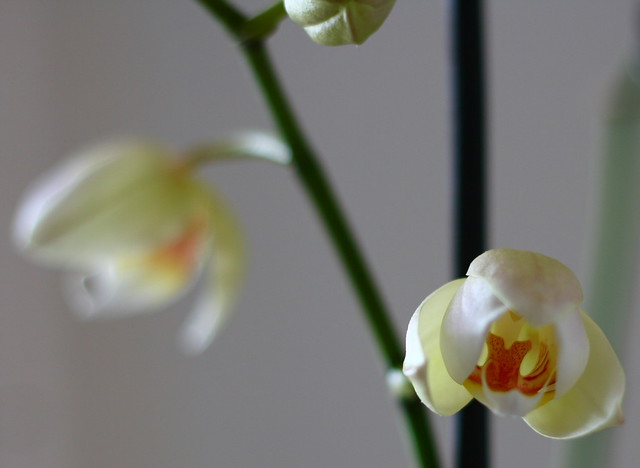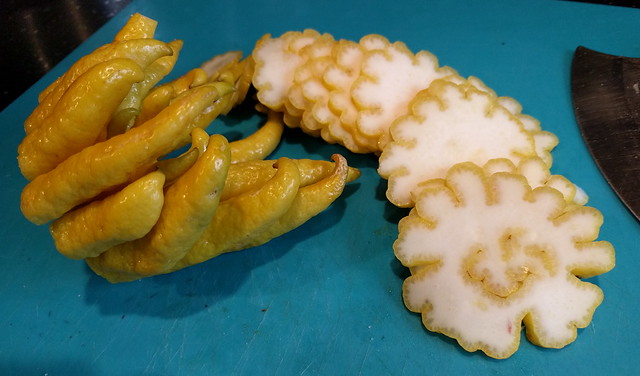Because Barb brought this to mind the other day:
Barter
By Sara Teasdale
Life has loveliness to sell,
All beautiful and splendid things,
Blue waves whitened on a cliff,
Soaring fire that sways and sings,
And children’s faces looking up
Holding wonder like a cup.
Life has loveliness to sell,
Music like a curve of gold,
Scent of pine trees in the rain,
Eyes that love you, arms that hold,
And for your spirit’s still delight,
Holy thoughts that star the night.
Spend all you have for loveliness,
Buy it and never count the cost;
For one white singing hour of peace
Count many a year of strife well lost,
And for a breath of ecstasy
Give all you have been, or could be.
Mere beauty is not enough – not to sell all you have, not for merely appearances. But for something more – the tiny moments of grace which give ease, and fuel strength to last another moment, then, yes, for this loveliness. For this moment. For this breath, which is a miracle. Arise and shine.
